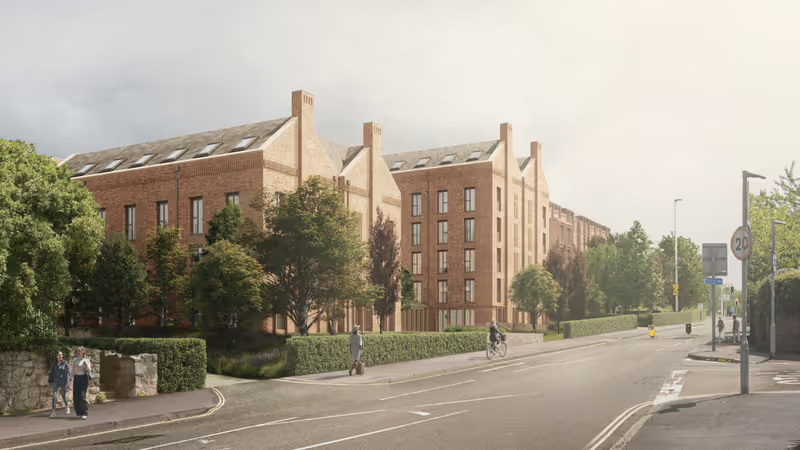Hundreds of towns and cities around the world take bold strides each year towards reducing the dominance of cars in their streets on or around world car free day.
This aim, which is essential not only to climate change mitigation but also the transformation of urban space into places for people, is supposed to be one of twelve goals which form the basis of Exeter City Futures’ Net Zero Exeter plan.
This year numerous roads are being closed across the UK, including Edinburgh’s Waverley Bridge and The Strand in Liverpool, one of the city’s busiest streets. Vehicles have been banned from dozens of streets in London so they can be turned into safe places for children to play and communities to meet.
Some local authorities have even waived the administration costs of such closures to encourage residents to take up the offer of temporarily overturning the tyranny of motor vehicles, while others have provided free bus travel to help people give up driving.
Paris and Brussels have gone much further, completely closing their streets to traffic across their whole metropolitan areas last Sunday. There was a 40% drop in noise levels in Paris and nitrous oxide and nitrous dioxide concentrations fell by nearly 80% across the Brussels region as a result.
 Extinction Rebellion UK tour bus outside Exeter City Council’s Paris Street offices
Extinction Rebellion UK tour bus outside Exeter City Council’s Paris Street offices
Exeter’s residents and workers would be forgiven for not knowing this annual event takes place on or around 22 September. It was ignored by the city’s local authorities this year as it is every year.
Purely by chance a caravan of Extinction Rebellion activists arrived in the city this morning, on the third day of a three-week UK tour taking in 60 towns and cities, with their first stop the Paris Street offices of Exeter City Council.
They were there to call out the council’s inaction in response to the climate crisis, as well as it’s propensity for greenwashing.
Local resident Liz Pendleton directed an impassioned speech towards council members and officers from the street, accompanied by drummers, which tore the Net Zero Exeter plan to shreds.
Unfortunately council chief executive Karime Hassan was not there to listen. As the protestors gathered he was posing for a photo with a construction company development manager just around the corner in Princesshay shopping centre.
 Exeter City Futures promotes Exeter Development Fund at Princesshay sustainability event
Exeter City Futures promotes Exeter Development Fund at Princesshay sustainability event
What was he doing there? It turns out that 22 September is marked not as world car free day but as a Princesshay sustainability promotion day in Exeter’s calendar.
The shopping centre had apparently “teamed up with some of our valued city partners and organisations to showcase, engage and inform visitors to Princesshay of the many environmentally conscious services and projects on offer across Exeter”.
Perhaps they were stuck in traffic, or waiting for a bus, but most of the promised event partners were nowhere to be seen.
Those who had turned up to grace the artificial grass mostly appeared to be with Exeter City Futures, the private company of which the council’s CEO is also the CEO.
It appears the company will turn out to promote Exeter Development Fund, its private debt-driven Liveable Exeter property development financing scheme, whatever the occasion.
At least they weren’t short of places to park. All three Princesshay car parks (weekday capacity 520 vehicles, with another 216 spaces at the weekend when council staff aren’t using them) remained open, as usual.










